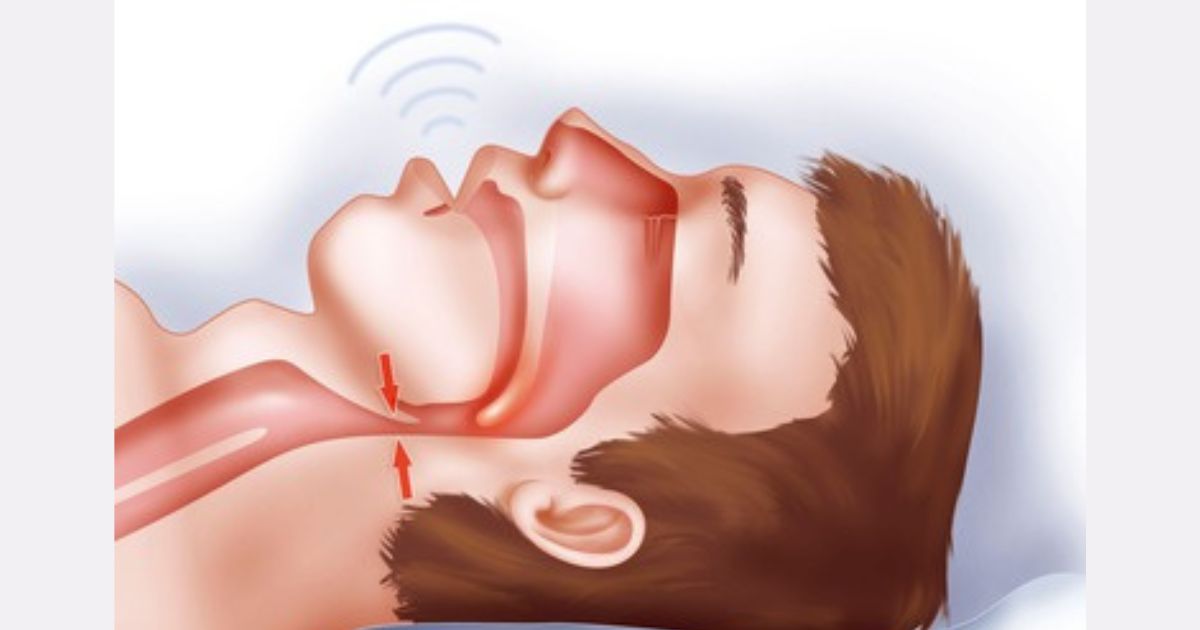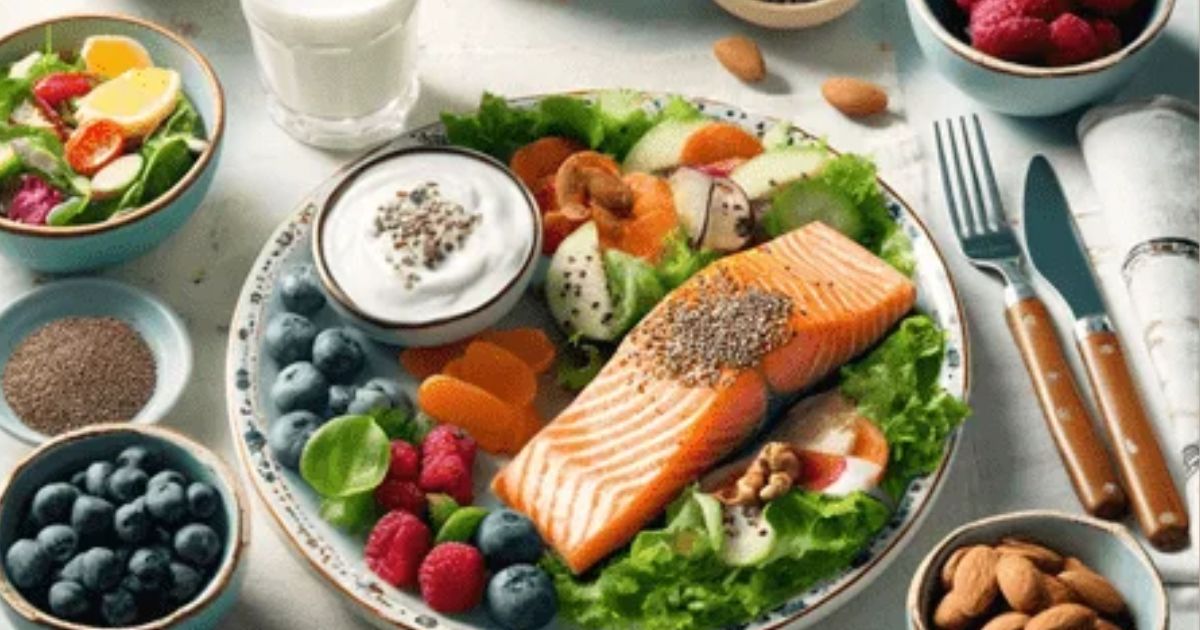In a collaborative effort, Boston College’s UGBC, the Center for Student Wellness, and the Margot Connell Recreation Center have launched “No Shame November,” a campus-wide initiative dedicated to fostering conversations about men’s physical and mental health.
With a focus on activities like growing beards, running or walking 60 miles, and engaging in mental health discussions, the campaign aims to break down stigmas and promote holistic well-being.
No Shame November – Goals and Vision
The driving force behind “No Shame November” is to encourage open conversations about men’s health, both physical and mental. Jeannine Kremer, the director of the Center for Student Wellness, highlighted the initiative’s broader goal, saying, “When someone says, ‘Hey, you’re growing a beard,’ … the idea is for them to be able to talk about mental health.”
Throughout November, male students at BC are encouraged to participate in various activities, including growing beards, completing a 60-mile run or walk, and answering anonymous questions about their mental health.
The Center for Student Wellness is offering incentives and prizes for those actively engaging in these activities. Annie Quinn, UGBC student initiatives director, emphasized the inclusivity of the initiative, stating that the options provided were a “great way to involve the whole community in the event.”
On Nov. 6, UGBC organized a tabling event on the Quad to kickstart the month-long initiative. The event attracted significant attention, with the distribution of 200 bottles of Core Power milk as a conversation starter about “No Shame November.” “We gave away all 200 of them, so at least 200 kids interacted—which is great,” said Quinn.
During the tabling event, UGBC captured “before” Polaroid pictures of male students committing to a month without shaving. The same students will have their “after” pictures taken at the end of November, creating a visual representation of their participation.
Mileage tracking cards were also distributed to those pledging to walk or run 60 miles, with completed cards earning participants prizes.
The decision to set the goal of 60 miles holds significant symbolism, as Kremer explained, “Because there are 60 male lives lost [to suicide] globally, every hour.” This connection between physical activity and mental health awareness adds depth to the initiative’s mission.
Beyond the three primary organizations leading the initiative, other campus groups, including the Black Male Initiative and the men’s hockey and basketball teams, are actively promoting “No Shame November.” Quinn expressed satisfaction with the diverse groups participating, creating a positive and inclusive atmosphere during the tabling events.
Prizes, recognition, and ongoing engagement are key components of the initiative. Participants can receive prizes based on their progress, whether it’s a fuller beard or completed mileage cards.
The final prize table run by UGBC on Dec. 1 and a beard competition during the BC men’s hockey game will conclude the month, providing a celebratory and engaging conclusion to “No Shame November.”
As the campaign progresses, UGBC plans to continue holding tabling events, checking participants’ progress, and maintaining momentum. Quinn emphasized the anticipation of more exciting activities, fostering a sense of community and encouraging ongoing conversations about men’s health and well-being.
“No Shame November” at Boston College represents a commendable effort to address the often-overlooked aspects of men’s physical and mental health. By combining engaging activities, symbolic challenges, and community involvement, the initiative provides a platform for breaking down stigmas and promoting open conversations.
As the campaign unfolds, it not only highlights the importance of men’s health but also demonstrates the power of collective action in fostering a supportive and inclusive campus environment.








Leave a Reply
You must be logged in to post a comment.